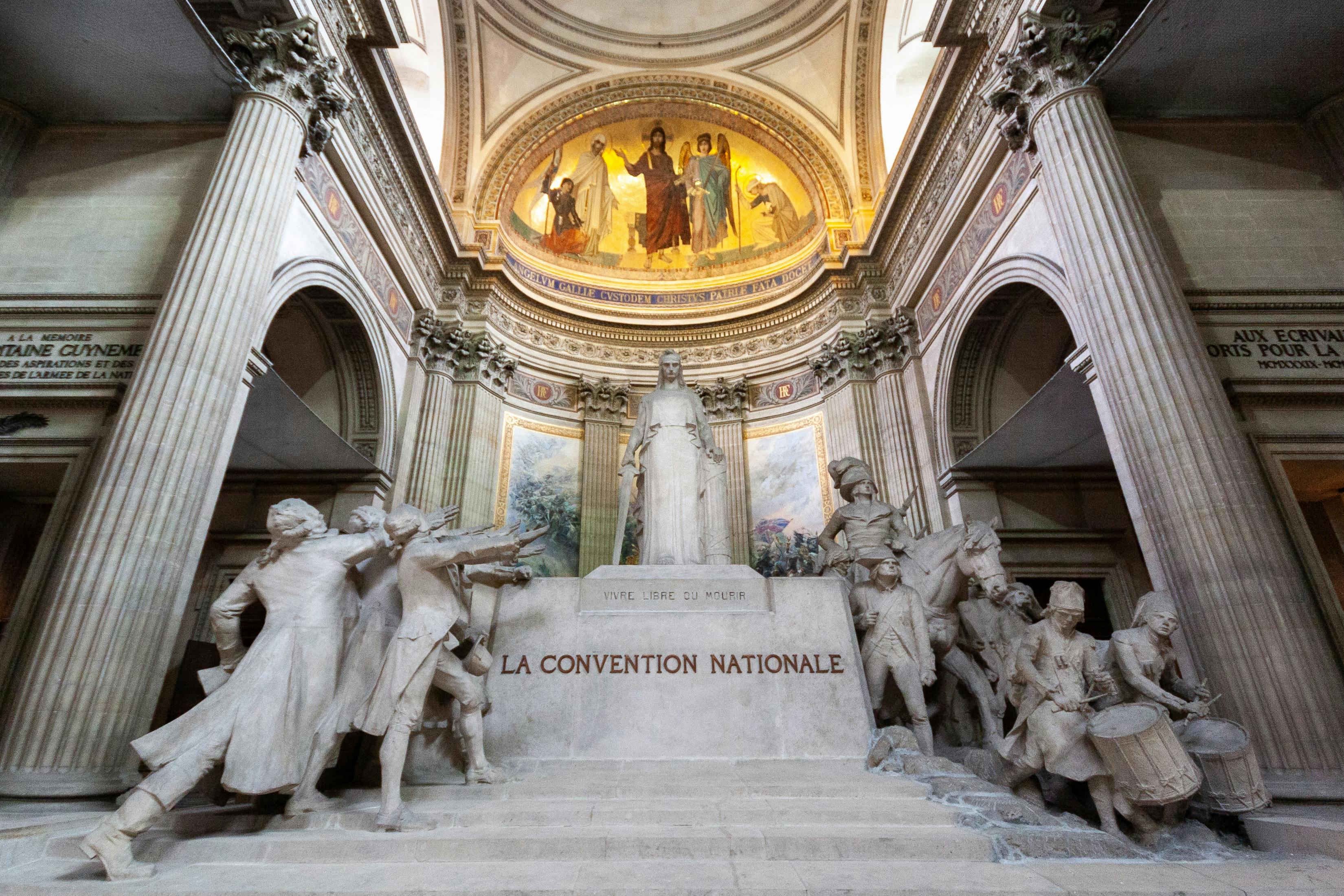Half a yellow sun, a novel about the civil war between Biafra and Nigeria, by Chimamanda Ngozi Adichie.
Half a yellow sun It was a novel I read last summer. My sister had mentioned that the book had reminded her of what happened during Biafra’s civil war against Nigeria of 1967-1970. However, the deciding factor in reading it came after the Igbo Women’s Association of Connecticut, USA (IWAC) sought but failed in their effort to invite the author to their 20th debut anniversary.
Born in 1961, he was six when the war began and nine when it ended. I consider myself a child of the civil war. But until now I had hated reopening those old wounds and nightmares that lurked in my memory and that the war had created.
The book begins with an extensive background; Pretty Olanna, who has a twin sister named Kainene, was visiting Nigeria from London, where she went to school. Odenigbo was a professor of mathematics at the University of Nigeria, Nsukka. Chance struck and they met in Ibadan. Olanna liked Odenigbo’s rebellious and rebellious nature, so she dumped Mohammed, her Hausa boyfriend of northern descent, and eloped with the professor to Nsukka.
Ugwu, a young man from a rural area, was the couple’s servant. Ugwu reverently called Odenigbo ‘Master’. The young man quickly copied the presumptuous customs of the educated and civilized as he cooked and served Master’s colleagues, who frequently visited him to discuss the ideals of post-independence Nigeria.
In about a quarter of the novel, the noose around their social drama began to tighten when Major Nzeogwu, an Igbo man of southern origin, staged a coup that resulted in a disproportionate slaughter of northern leaders. One of those leaders was the Sardauna of Sokoto. Carried away by the prevailing sentiment of nationalistic idealism, some of the Igbo gloated over the killings.
In a backlash response, and perhaps in an inevitable anger that springs from a prolonged antipathy against the Igbo, the Hausa not only killed many Igbo officers; They continued to kill Igbo men, women and children who lived among them, the Igbo being a group of itinerant people.
Unable to stop the ruthless massacre, the Igbo left the northern part of Nigeria and returned to the south, their geographic home of origin. They established their own sovereign state which they called Biafra. Irritated by this determination for survival and self-reliance, the Federal Republic of Nigeria invaded them. The Igbos fought back. The Federal Republic isolated them from commerce and food and left them to die.
By the end of the war, he had brought out the best and worst of Igbo humanity: people who die for their fellow men and people who betray their fellow men.
The book is contaminated by various love triangles. Olanna had an affair with Richard, her twin sister’s European lover, while Master shot down the village girl her mother wanted her to marry in Olanna’s place. Ugwu had his share of peccadilloes too, sleeping with Chinyere, a girl from the home of one of Odenigbo’s friends.
Before the war ended, one of the twin sisters disappeared. Rather than face the certainty of her disappearance, the family chose to cling to the illusory hope that she was alive somewhere, wandering, perhaps amnesiac, which summed up most of the emotional mix of the conflict.
My sister is right. The book captures the general atmosphere, the anguish, the expectations and ultimately the despair of the Igbo during the civil war.
The author portrays the general social ills created by the civil war: families huddled in one room, hunger, starvation, betrayal, revenge, brutality and yes, promiscuity. Using phrases like ‘a wooden comb’ took my imagination back forty years in time.
What surprised me about the book is the litany of lewd scenarios it contains. Characters continually slide, fall, push and penetrate each other without warning.
When my fifteen-year-old son asked me what the book was about, I told him that the author was writing about the social and political upheaval that existed during the civil war between Biafra and Nigeria. ‘It’s a book for adults,’ I added quickly. The numerous sexual scenes, although unpleasant, force the reader to turn to the next page.
The greatest moment of euphoria for me came when Tanzania became the first country in the world to recognize the plight of Biafra and the Igbo. It was a brave act that saved thousands of Igbo children who would otherwise have starved to death. Someone worked tirelessly to make that happen.
Born in 1977, Chimamanda Adichie arrived ten years late to witness the start of the war, but that has not stopped her from giving a good testimony of what happened. Good reading.
To see who sparked Tanzania’s advance, I suggest that the author and her readers look at Chapter 10 of Austine SO Okwu’s memoir, In Truth for Justice and Honor: A Memoir of a Nigeria-Biafra Ambassador.
